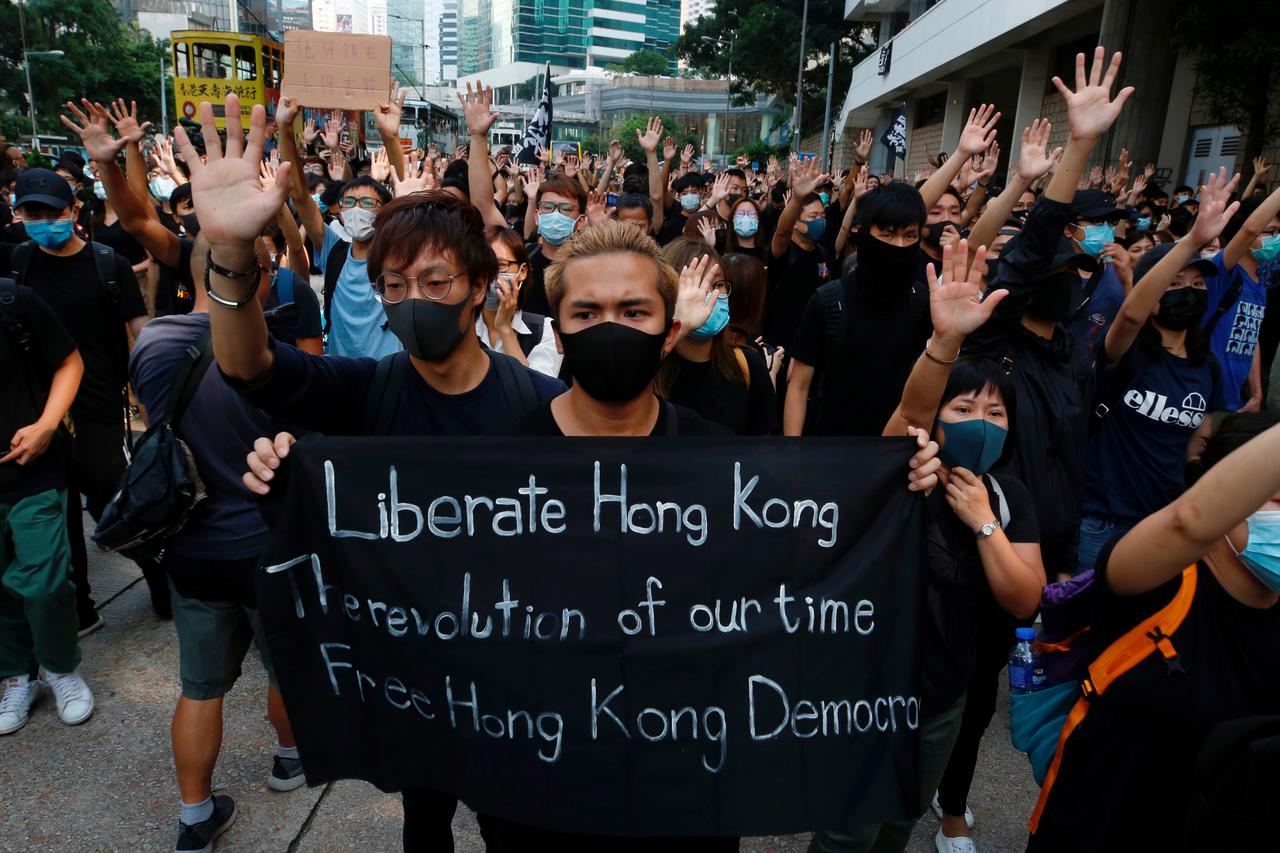Chinese MPs launched a bill on May 28th that limits Hong Kong’s autonomy. A few hours before the vote, US Secretary of the State Mike Pompeo said that Hong Kong no longer has an autonomous status.
According to the South China Morning Post , it took 15 minutes to discuss it. President Xi Jinping signed it on the same day, and at 23:00 local time (18:00 Kyiv time) it entered into force.
The document gives Beijing greater authority to combat separatism, subversion, terrorism and conspiracy using foreign influence in the autonomy. According to the law, a separate agency will appear in Hong Kong to deal with national security; it will directly subordinate to the Chinese authorities. Now people accused of crimes in the field of national security can be sentenced to life imprisonment.
The head of the Beijing-loyal Hong Kong administration, Carrie Lam, welcomed the adoption of the law. In her statement, she noted that the law is necessary “in view of the increasingly clear threats to national security that Hong Kong is facing .” According to Carrie Lam, the law is directed against a small number of offenders, while the fundamental rights and freedoms of the vast majority of city residents will be protected.
Until recently, the text of the law was not published, and Hong Kong residents were not aware of what changes awaited them, wrote Nathan Low, a democratic activist from Hong Kong , in the column for the Deutsche Welle .
“All Hong Kongers must now ask themselves whether they will continue to enjoy freedom of expression. For political activists like me, there are very specific questions: when the new secret police stationed in Hong Kong at the will of Beijing will knock on our door and take us in custody? ” – he noted.
In spite of this, the citizens of Hong Kong condemned the law , believing that it would undermine the principle of “one country, two systems” and destroy the status of Hong Kong as a global financial centre. In Beijing, they said they decided to pass the law “after prolonged social instability and the escalation of street violence that plunged Hong Kong into a difficult situation since its return to the fold of the motherland in 1997.”
Hong Kong is a separate administrative region within China. Great Britain handed over protectorate over Hong Kong to China in 1997. According to the joint Sino-British declaration and the basic law of Hong Kong, the territory is granted wide autonomy until 2047 under the formula “one country, two systems.”
In the summer of 2019, anti-government protests began in Hong Kong in connection with the intention to adopt a law that would allow extradition at the request of the Chinese authorities. This document was recalled , but protests continued. Their participants demanded a reduction in the influence of mainland China on city politics in Hong Kong, early elections, an investigation into the actions of the police and amnesty for previously detained demonstrators.

